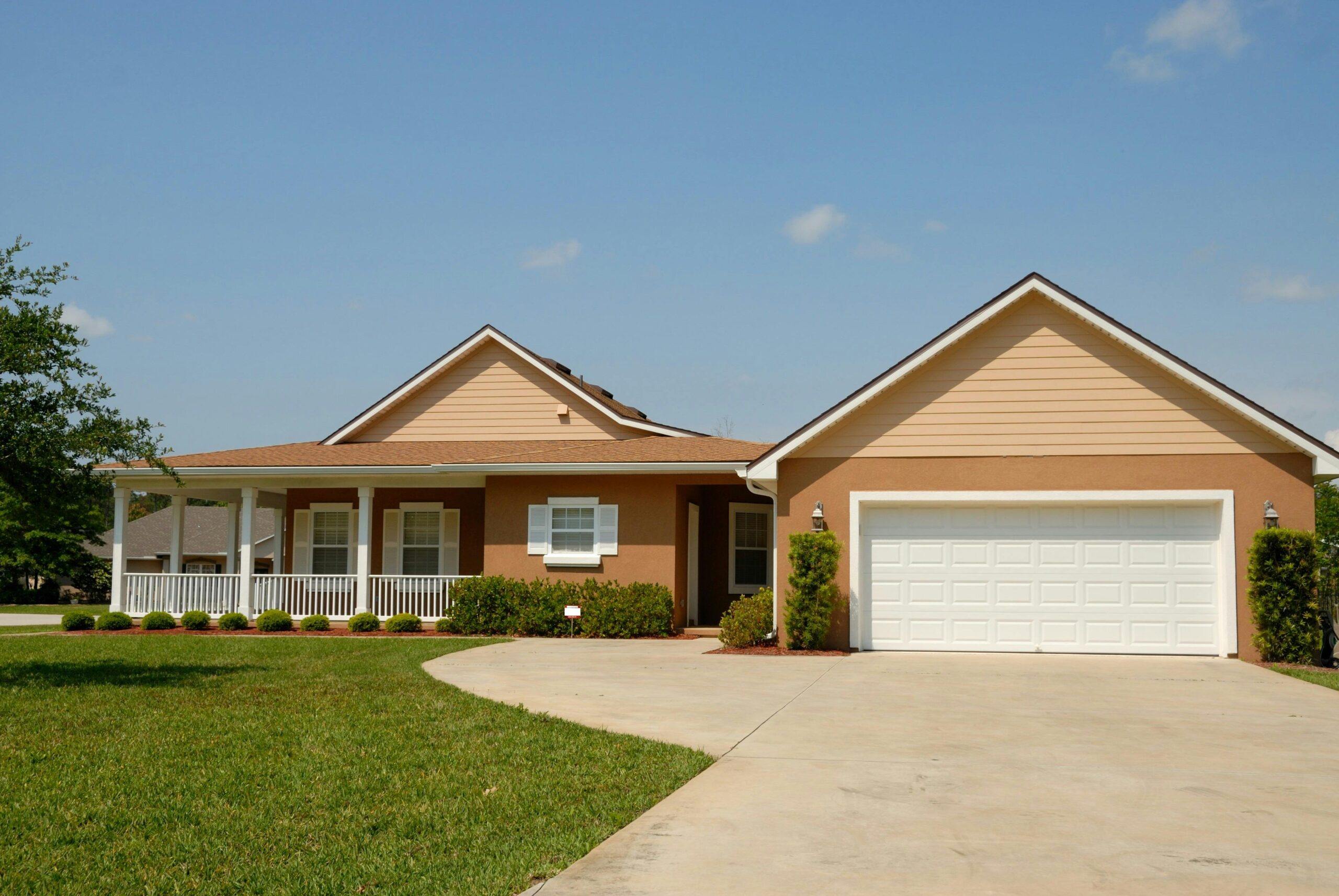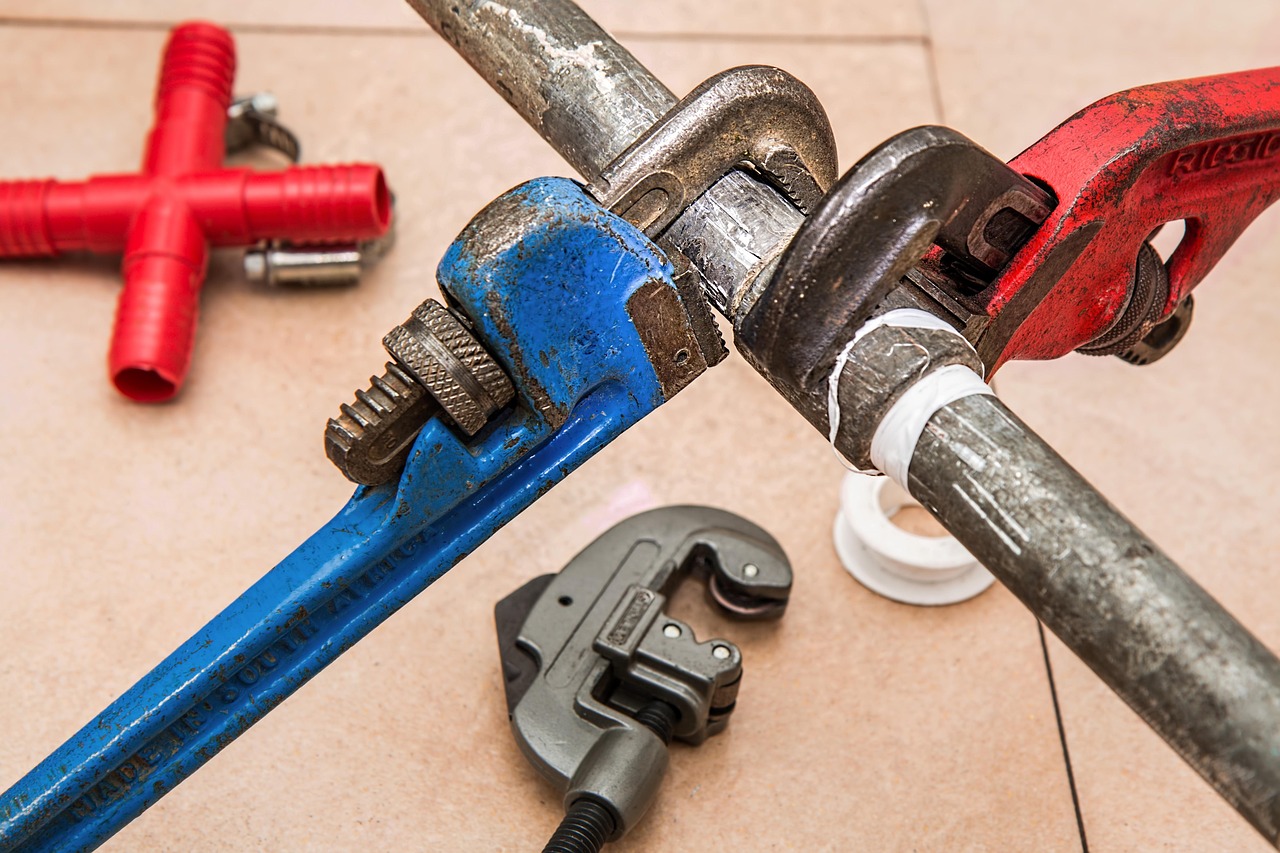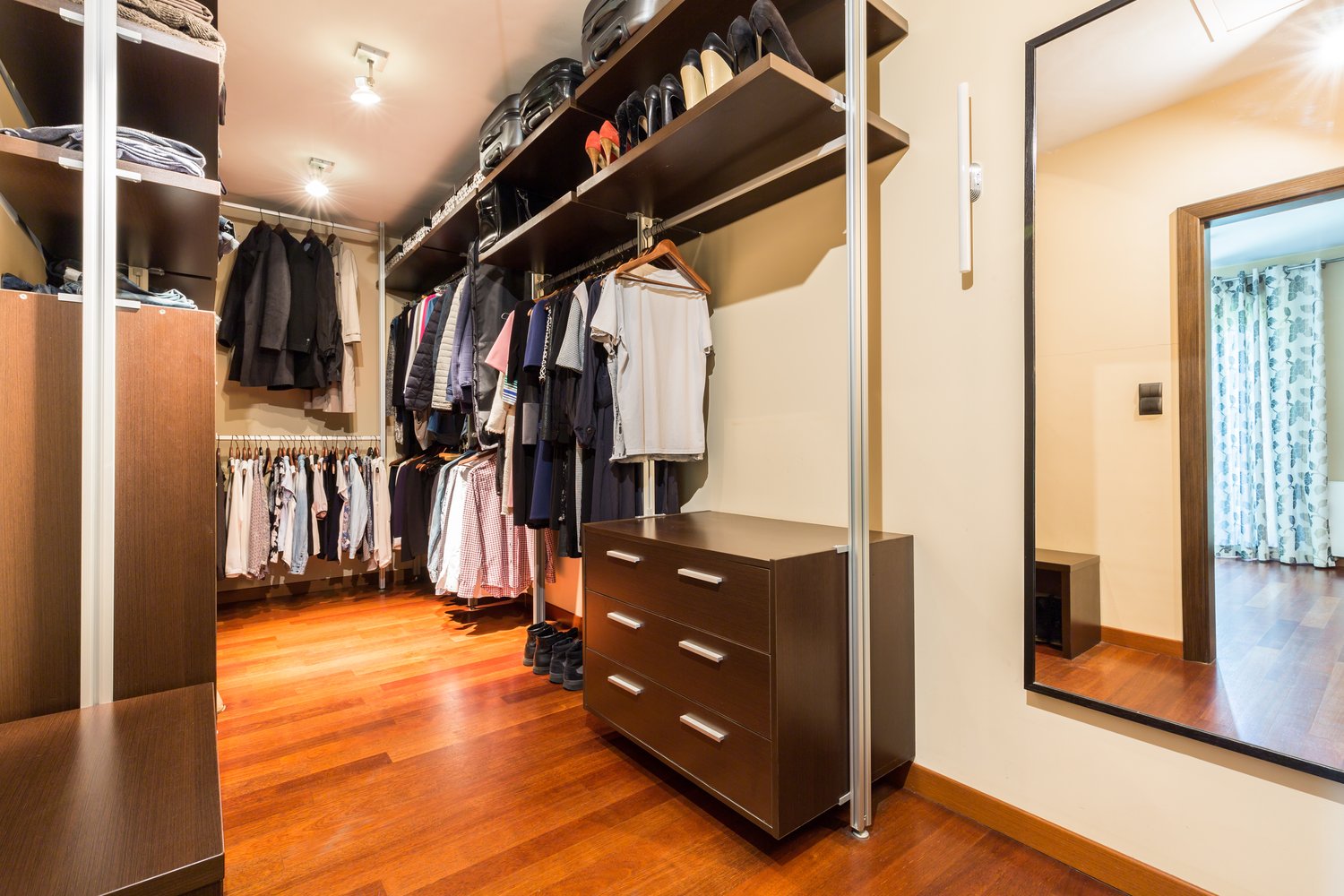While traditional concrete driveways have been the standard for decades, homeowners today have many more stylish and environmentally friendly options to consider. From permeable solutions that help manage stormwater to decorative options that enhance curb appeal, driveway alternatives to concrete can transform your home’s entrance while addressing practical concerns. This article explores several compelling alternatives to standard concrete driveways, including permeable pavers, stamped concrete patterns, natural stone designs, and other eco-friendly driveway solutions that combine functionality with aesthetic appeal.
Understanding Permeable Pavers for Driveways
Permeable pavers represent one of the most significant advancements in driveway technology in recent years. Unlike traditional concrete that creates impermeable surfaces leading to runoff problems, permeable pavers allow water to filter through to the ground below. This design helps replenish groundwater, reduces flooding risks, and can even filter pollutants from water before it reaches the water table.
The permeable pavers driveway cost typically ranges from $10 to $30 per square foot installed, making them more expensive than standard concrete initially. However, many homeowners recoup this investment through stormwater management savings, potential municipal incentives for eco-friendly installations, and increased property values. The higher cost reflects the more complex installation process, which requires proper base preparation with layers of differently sized aggregates to ensure proper drainage.
These systems come in various materials including concrete pavers, fired clay, and recycled plastic grid systems that can be filled with gravel or planted with grass. Each option offers different aesthetic qualities while maintaining the crucial permeability that makes these driveways environmentally beneficial. For areas with stormwater regulations or properties in flood-prone regions, permeable pavers often represent not just an aesthetic choice but a practical necessity.
Enhancing Curb Appeal with Stamped Concrete
For homeowners who appreciate the durability and cost-effectiveness of concrete but desire more visual interest, stamped concrete driveway patterns offer an excellent middle ground. This technique involves impressing patterns into freshly poured concrete and adding color treatments to mimic the appearance of brick, stone, tile, or even wood.
The versatility of stamped concrete allows for customization that can complement your home’s architectural style. Popular stamped concrete driveway patterns include herringbone, cobblestone, European fan, and natural slate textures. The process typically adds $4 to $8 per square foot to the cost of a standard concrete installation, making it more affordable than natural stone while providing similar aesthetic benefits.
Beyond the visual appeal, stamped concrete retains concrete’s durability while adding texture that can provide better traction in wet conditions. The sealed surface also resists staining and requires less maintenance than some other driveway materials. For homeowners seeking a balance between appearance and practicality, stamped concrete represents a compelling alternative to plain concrete driveways.
The Timeless Appeal of Natural Stone Driveways
Natural stone driveway ideas offer perhaps the most luxurious alternative to concrete surfaces. Materials like granite cobblestones, bluestone, limestone, and travertine provide unmatched elegance and character that can significantly enhance your home’s exterior. Each stone type brings its own color variations, textures, and weathering characteristics that develop a patina over time.
Installing a natural stone driveway typically costs between $20 and $50 per square foot, making it among the most expensive driveway options. However, the investment delivers exceptional longevity—many stone driveways last for generations with minimal maintenance. The natural variations in stone create unique patterns that cannot be perfectly replicated with manufactured products, giving your home a truly distinctive entrance.
Installation approaches vary from mortared stone that creates a solid surface to dry-laid techniques that allow for some water permeability. Many homeowners work with landscape designers through AskHomey to integrate natural stone driveways with complementary landscaping elements, creating cohesive outdoor spaces that enhance the overall property aesthetic.
Exploring Other Eco-Friendly Driveway Solutions
Beyond permeable pavers, several other eco-friendly driveway solutions merit consideration for environmentally conscious homeowners. Grass grid systems use concrete or recycled plastic grids filled with soil and planted with grass, creating a green surface that still supports vehicle weight. While requiring regular mowing and occasional reseeding, these systems offer excellent permeability and help reduce the heat island effect around your home.
Gravel driveways, when properly installed with edging and stabilization systems, provide excellent drainage while offering a classic, informal appearance that suits many architectural styles. Modern gravel driveway systems use honeycomb stabilizers that prevent displacement and rutting, addressing the traditional maintenance challenges of loose gravel.
Recycled materials are increasingly available for driveway construction as well. Some manufacturers now produce pavers made from reclaimed plastic, rubber from recycled tires, or concrete containing recycled aggregate. These products reduce landfill waste while providing durable surfaces for your driveway.
When considering these eco-friendly alternatives, factor in your local climate, maintenance preferences, and how the material will integrate with your existing landscape design. The initial investment in sustainable driveway solutions often pays dividends through environmental benefits, reduced water management issues, and distinctive curb appeal that sets your property apart.
For more tips and to connect with reliable home service professionals, follow AskHomey on Facebook and Instagram.



